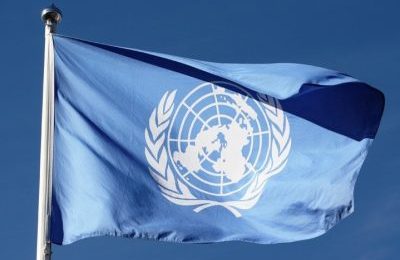The United Nations’ Working Group on Discrimination against Women in Law and Practice on Friday warned against what it described as rising threat against women’s rights from a “backlash” of conservatism and fundamentalism around the world.
In its report to the Human Rights Council in Geneva, the group noted that alarming pushbacks had been progressing across regions of the globe through “alliance of conservative political ideologies and religious fundamentalisms.”
It noted also that, “practices such as polygamy, child marriage, female genital mutilation, so-called honour killings and criminalising women for sexual and reproductive behaviour, have no place in any society.”
The group in its report argued that there was no acceptable justification for waiting for the elimination of discrimination against women.
Pointing to “rising authoritarianism, economic crises and rocketing inequality,” it warned that gains of women’s emancipation stood the risk of being reversed.
The report, however, was not only of prophecy of doom as it noted some positive changes among which was the recent Irish referendum to repeal a near-total constitutional ban on abortion.
It said further that “through popular vote as well as legislative and judicial actions, efforts are being made, in particular to secure reproductive rights, which is encouraging in a global context of retrogressions in this area.”
READ ALSO: Killings: I have no hand in Suswam’s arrest -Ortom
The group added that moves in some countries to eliminate the gender pay gap and strengthen laws criminalising rape and sexual violence were also key successes in the struggle to eliminate discrimination against women.
It noted though that of the various and many obstacles that women face, family, culture and sexual and reproductive health “remain the most significant challenges” with “the biggest backlash.”
In spite of the fact that women’s equality has been enshrined in the Universal Declaration of Human Rights for about 70 years, while the Convention on the Elimination of All Forms of Discrimination against Women was adopted nearly 40 years ago, the report lamented that no country in the world had successfully eliminated discrimination against women or achieved full equality.
That, the report said, “should not be tolerated or normalised,” stressing the “urgent need to protect past gains, and move forward to secure equality for women everywhere.”
The UN Working Group on Discrimination against Women in Law and Practice was created by the Human Rights Council in 2011.










